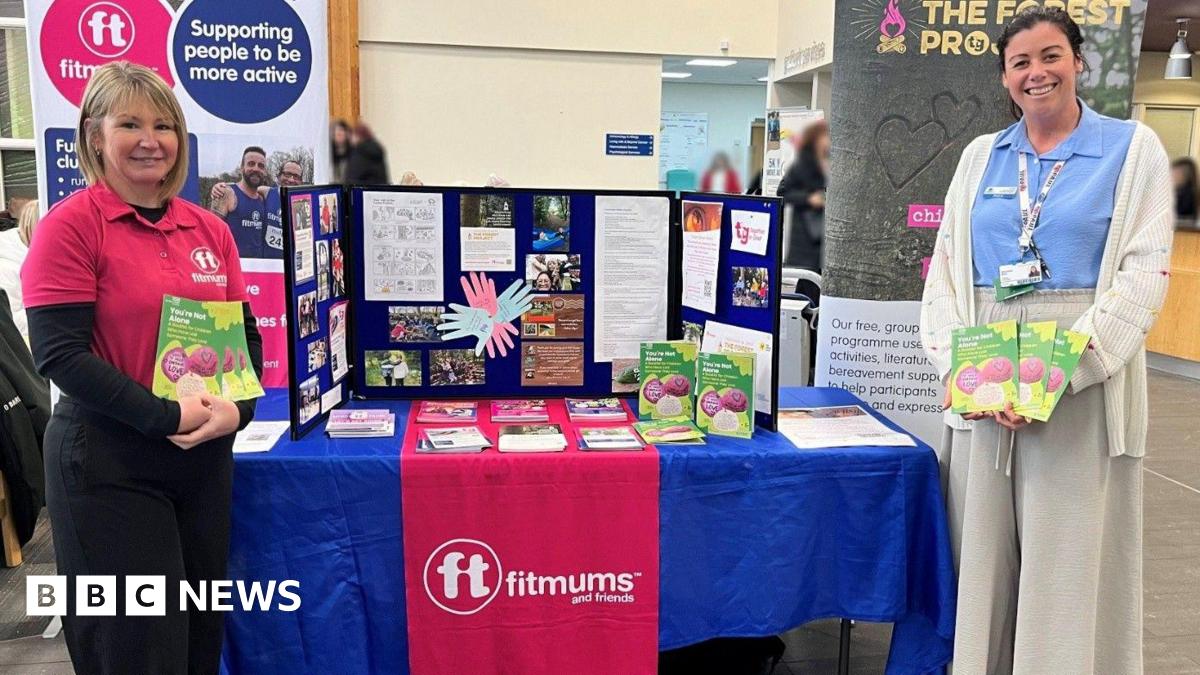A new booklet has been created to support children dealing with bereavement.
It will be given out in schools, hospitals and GP surgeries in East Yorkshire and northern Lincolnshire to promote the support available for bereaved children and their…

A new booklet has been created to support children dealing with bereavement.
It will be given out in schools, hospitals and GP surgeries in East Yorkshire and northern Lincolnshire to promote the support available for bereaved children and their…